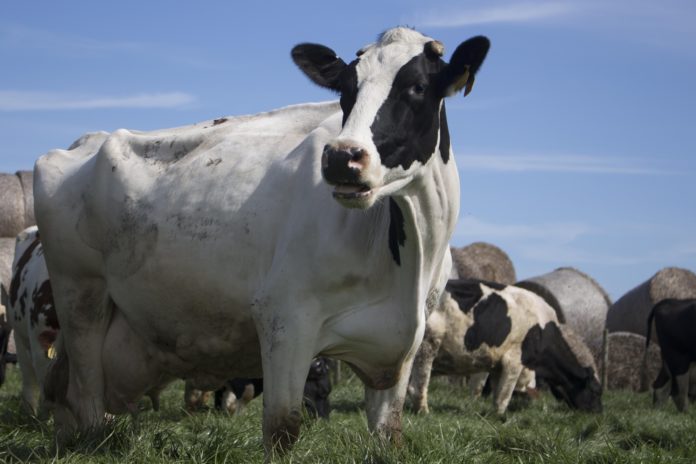This may come as good news for India swearing by the goodness of cow milk and fighting rising diabetes incidence.
Results of the first large international trial have debunked earlier study findings that early exposure to complex foreign proteins, such as cow’s milk proteins, may increase the risk of type 1 diabetes in young children with genetic risk for type 1 diabetes. Results of a trial published yesterday in the Journal of the American Medical Association show that modified baby formula in which cow’s milk proteins have been split does not prevent type 1 diabetes in children with genetic risk factors for the condition.
Type 1 diabetes, also called juvenile diabetes or Insulin-Dependent Diabetes Mellitus is a blood sugar disorder resulting from the destruction of insulin producing cells.
In 2002, the research team led in the U.S. by principal investigator Dorothy Becker, M.D., professor of pediatrics at Children’s Hospital and the University of Pittsburgh School of Medicine, embarked on a large-scale study of 2,159 infants with a family member affected by type 1 diabetes and with genetic risk for type 1 diabetes to find out whether delaying the exposure to complex foreign proteins such as cow’s milk proteins would decrease the risk of diabetes.
After breastfeeding, infants were either weaned to a special formula (extensively hydrolyzed casein formula), with the cow’s milk proteins split into small peptides (small pieces of the protein), or a regular cow’s milk-based formula with intact cow’s milk proteins. Infants were fed the study formula for at least two months until the age of 6 to 8 months and at the same time were given no cow’s milk proteins from any other food sources. The children were followed for at least 10 years to determine which children developed diabetes.
At 11.5 years of follow up, weaning to an extensively hydrolyzed casein formula during infancy did not result in a reduction in the incidence of type 1 diabetes compared to regular, intact cow’s-milk-based formula.
“After more than 15 years of effort, this study puts to rest the controversy regarding the potential role of cow’s milk formula in the development of type 1 diabetes. This once more shows us that there is no easy way to prevent type 1 diabetes. Accordingly, there is no evidence to revise the current dietary recommendations for infants at high risk for type 1 diabetes. We need to chip away at our research efforts around the world to find interventions that may change the pre-diabetes course. Ongoing work of our study is doing just that,” Becker said.


